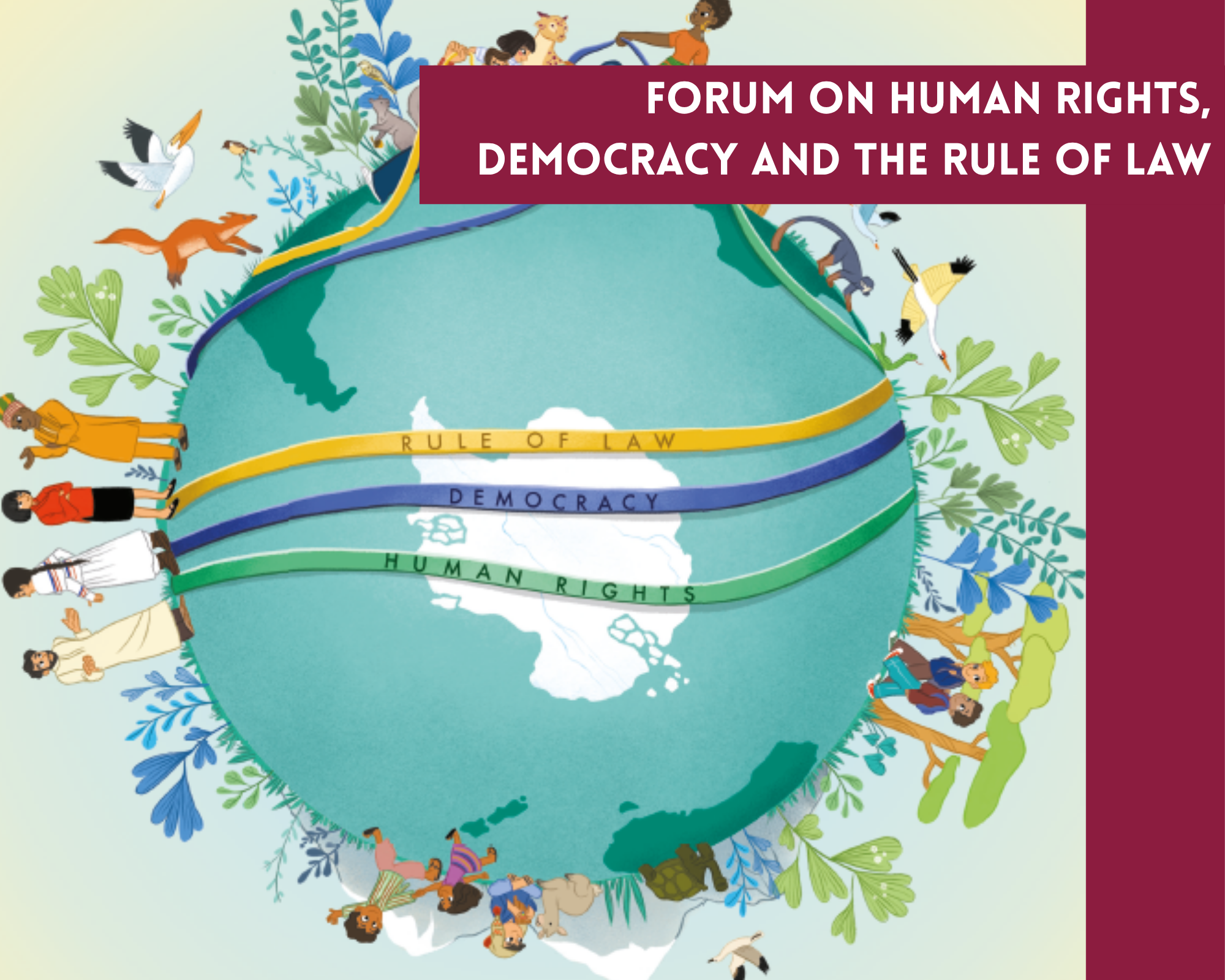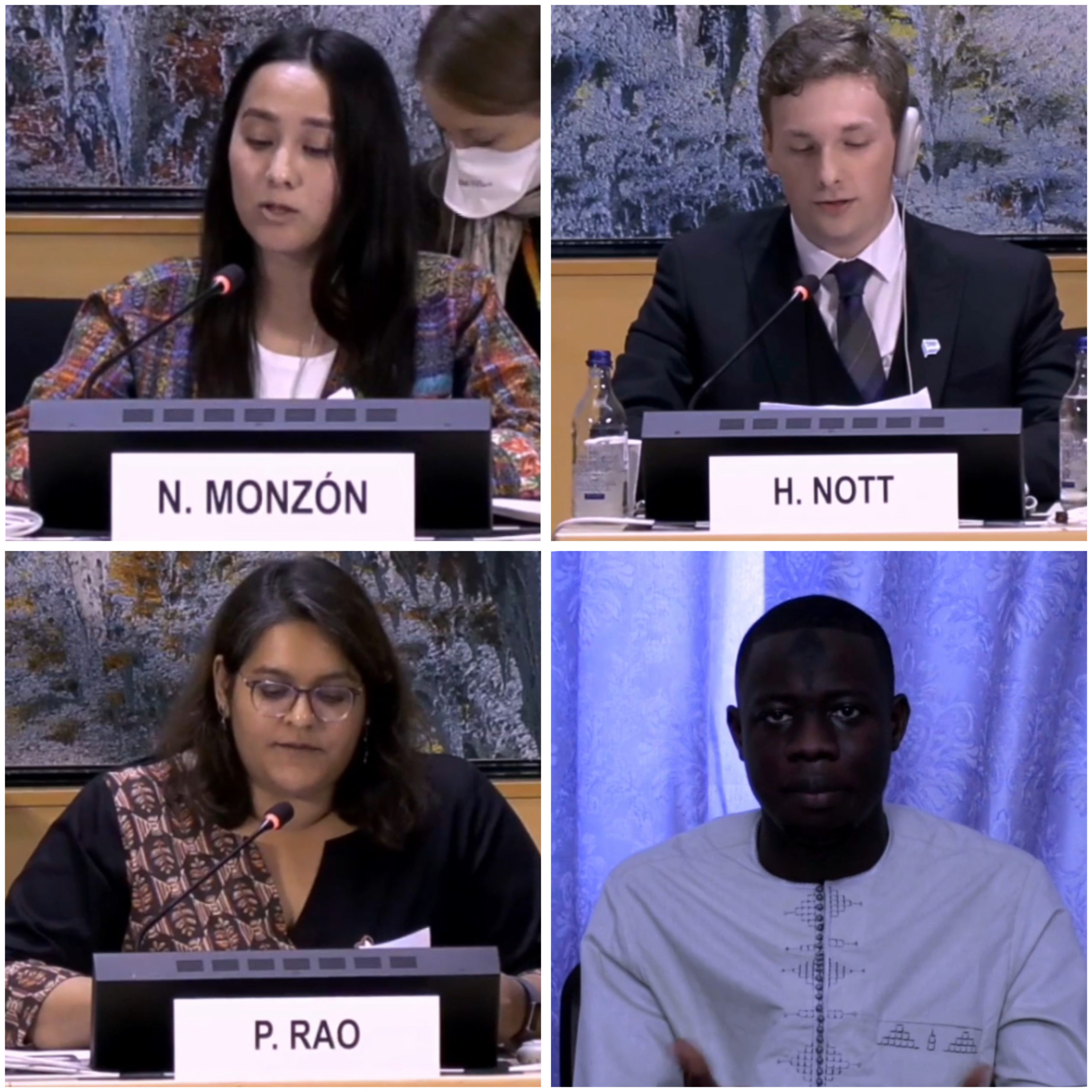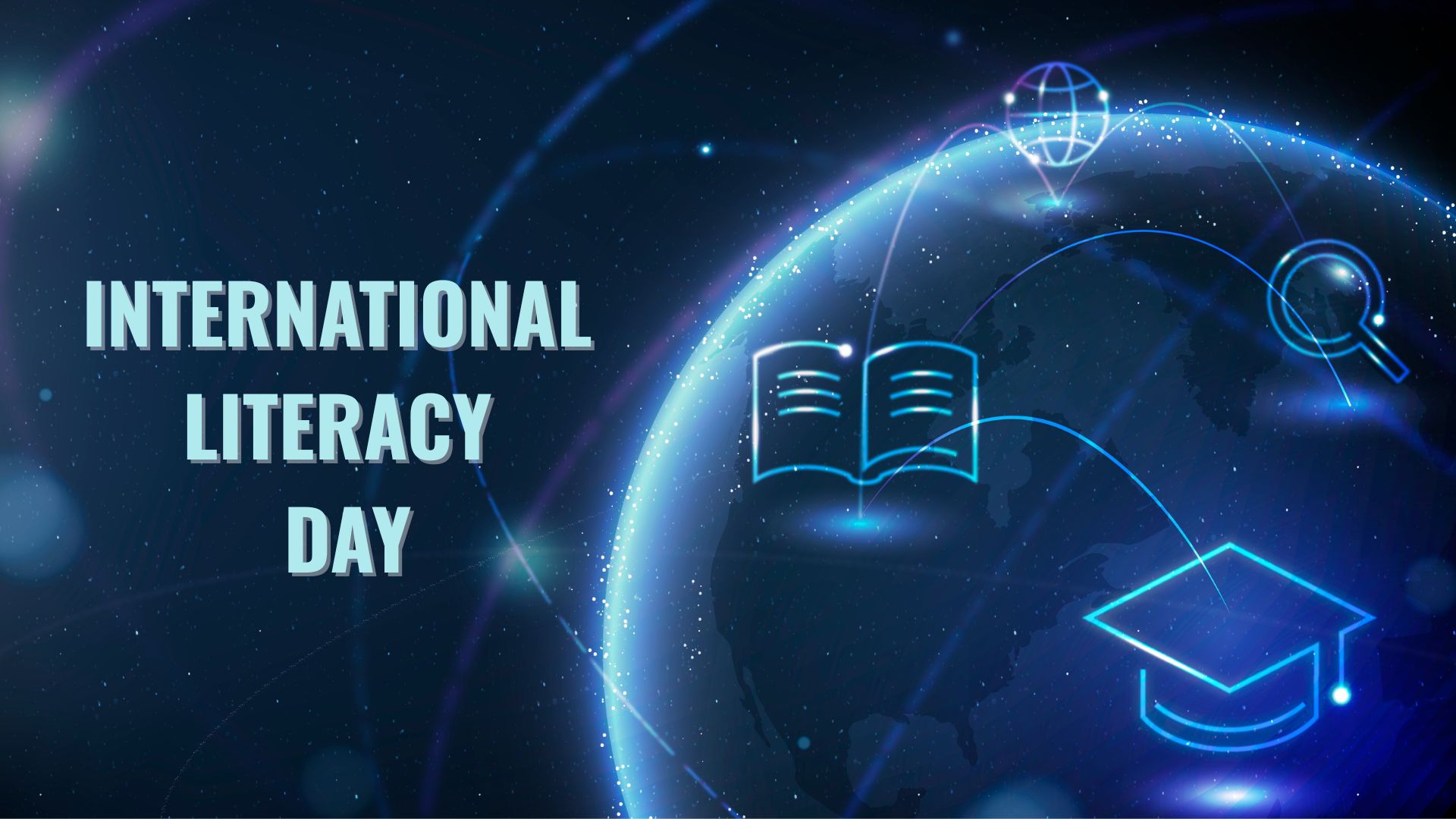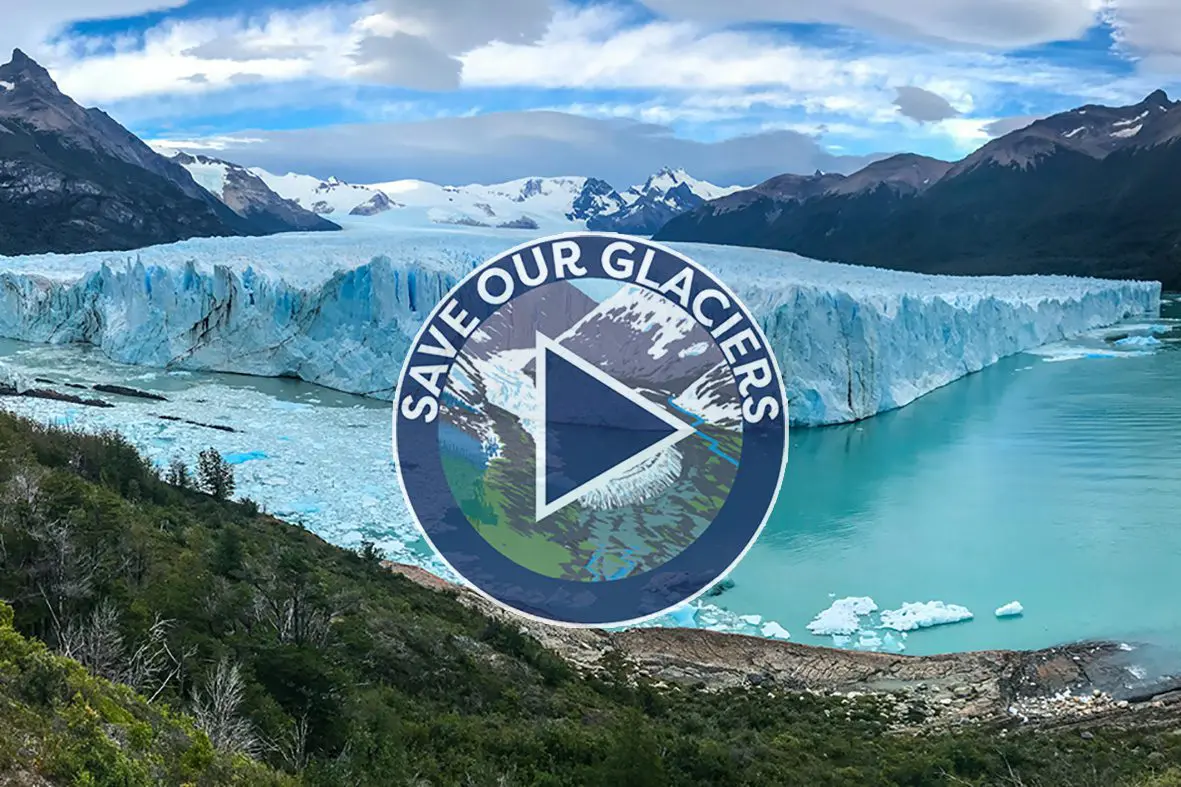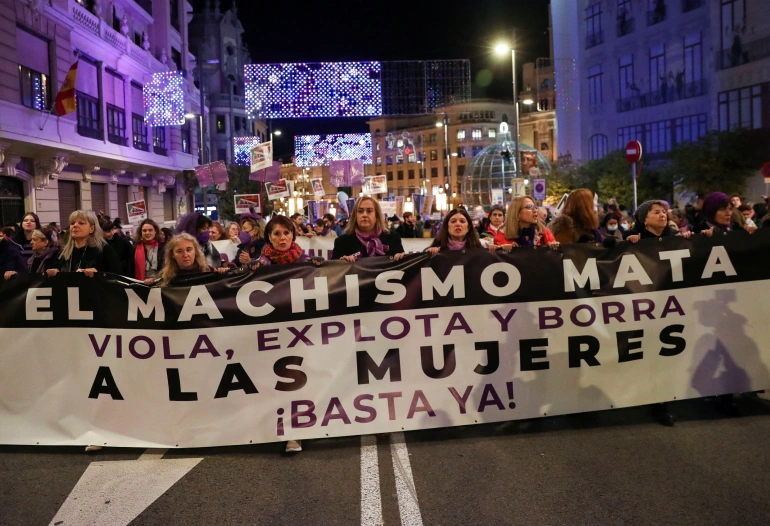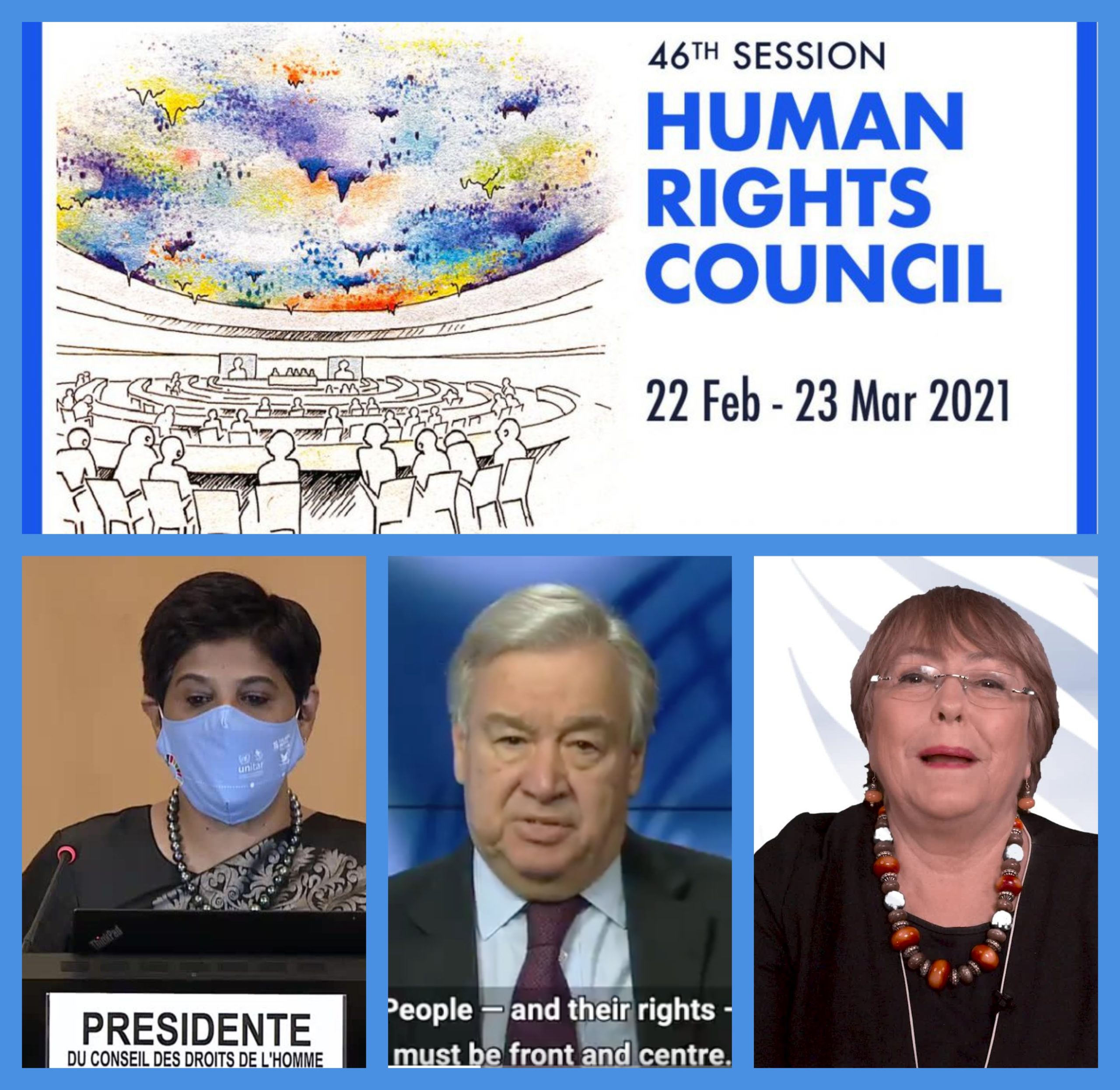Fifth Session of the Forum on Human Rights, Democracy and the Rule of Law: “Democracy and climate change: focusing on solutions”
The Fifth Session of the Forum on Human Rights, Democracy and the Rule of Law, held at the Palais des Nations in Geneva on 13-14 October 2025, gathered States, experts, civil society organizations, and youth representatives under the theme “Democracy and climate change: focusing on solutions.” The Forum reaffirmed that the climate crisis is not only an environmental emergency but also a profound challenge to democracy, governance, and the protection of human rights. Opening the Forum, UN High Commissioner for Human Rights Volker Türk stressed that human rights are the foundation...


